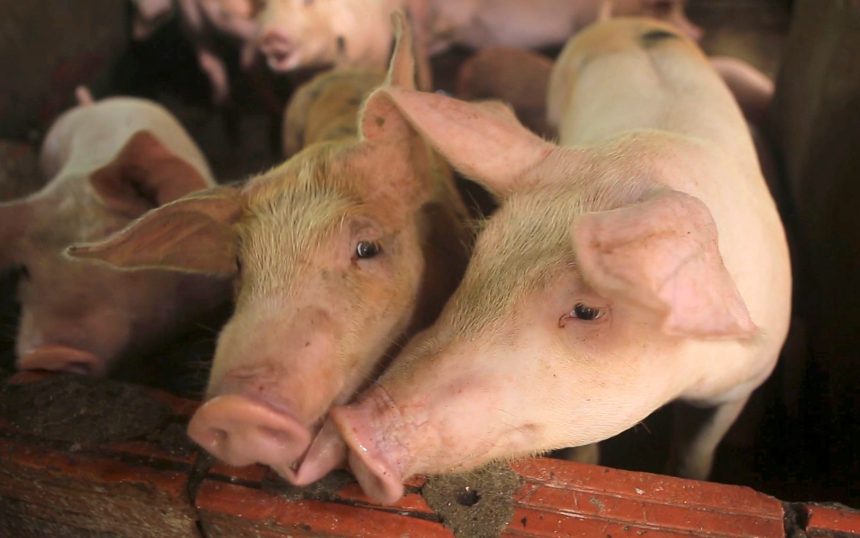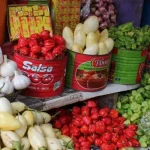The Scottish red meat sector, particularly the pig industry, is taking proactive steps to protect farmers from the escalating threat of African swine fever (ASF). This includes attending global consultations led by the Food and Agriculture Organization (FAO) and establishing a ‘Feral Pig Working Group’. Quality Meat Scotland (QMS) emphasizes the urgency for preventive measures, as ASF has caused significant damage to pig populations worldwide.
The industry aims to keep ASF out of Scotland and is developing contingency plans in case of an outbreak. Concerns have been raised about inadequate border controls and the need for stricter measures to prevent the virus’s introduction through commercial and personal imports of pork products.
In contrast to European restrictions, the UK allows individuals to import up to 2kg of pork products for personal use. Test results indicate some of these products contain viable African swine fever (ASF) virus. To minimize the risk of wild boars and feral pigs in Scotland encountering contaminated food, precautionary measures are crucial. The likelihood of ASF spreading between infected pig farms is extremely low (0.2%), while the risk of wild boars or feral pigs spreading the disease to outdoor farms is significantly higher, around 50%. In addition to preventive actions, the global consultation emphasizes the importance of a rapid and efficient response in case of an outbreak. Mr. McGowan underscores the need for a comprehensive, coordinated plan that includes testing, culling, and movement controls beyond the existing measures due to ASF being a notifiable disease.
Mr. McGowan pointed out that the secondary effects of a disease outbreak often surpass the primary impact. For instance, the foot and mouth disease outbreak led to 80% of financial losses in the tourism sector and the wider rural economy. Although an ASF outbreak might not have the same impact on tourism, the repercussions for the supply chain and other producers in the UK would be substantial.
To address the threat posed by feral pigs as potential carriers for ASF, Quality Meat Scotland (QMS) has taken proactive measures at home. They have established a ‘Feral Pig Working Group’, a collaborative effort involving stakeholders like land management agencies, Scottish Gamekeepers Association, deer management groups, forestry national parks, and NatureScot.
Bruce McConachie, head of industry development at QMS, highlighted the presence of wild boars, wild pigs, and feral pigs in Scotland, particularly around Fort William, the Northwest Highlands, the Monadhliath mountains, and Dumfries and Galloway. The members of the Feral Pig Working Group are already skilled in mapping and controlling wild and feral pig populations, focusing on the damage they cause to ground-nesting and rare birds. McGowan believes that there is more to learn about population dynamics when considering their role in controlling ASF.





